QuestionI have a 3 year old husky/lab/shephard mix named Nash that was neutered at 8 months. About 4 months ago I noticed that he was shaking his head a lot. He was also having other medical problems so I took him to the vet. He had seasonal allergies so I treated him with benadryll and a special diet. I had mentioned the head shaking to the vet and he looked in Nash's ears but he said there was nothing there and I think that he might have thought that I was kind of being a hypochondriac for my dog. The head shaking stopped about 3 weeks after they started but they have started again. He started shaking his head again about 4 days ago. I haven't changed his diet or treats or done anything differently. I tried taking his collar off of him for a while but that didn't help. His ears are clear and I don't see any obvious signs for illness. It just looks uncomfortable for him. Should I take him to the vet again or is this a normal behavior that I am exagerrating?
AnswerDear Erica,
Thanks for the question.
The vet that volunteers on this site would probably be your best bet - this is really out of my expertise, but what the heck - I'll share my thoughts!
Excessive head shaking is not normal behavior. It is either a medical issue, a genetic issue, a behavioral issue or a combination. I would pursue a more thorough medical evaluation. It is always possible that his other medical problems are related to the head shaking and your vet just missed it.
If it is a voluntary behavioral issue, then it is being reinforced or rewarded by something in the environment. The most obvious reinforcer would be your attention. The best way to test this is to video him when you are gone and see if he shakes his head when no one is around.
You might be able to test it without a camera by observing if your reaction to the head shaking changes the frequency of the behavior. Next time he shakes his head, immediately get up, (do not glance at him or speak to him) and walk into the other room. If he continues to shake his head after you have left the room, then your attention may not be a factor and it may not be behavioral but may be a medical or genetic issue.
Keep a log of when he shakes his head and look for a pattern. You are a detective now - your job is to record everything that happens before the behavior and after the behavior. Does it happen more often right after he has been on a walk, after eating, 5 minutes after eating, 15 minutes after you start watching TV? Does it happen after he eats a treat that is not on his special diet? See if you can find a pattern.
Happy Training!
AT

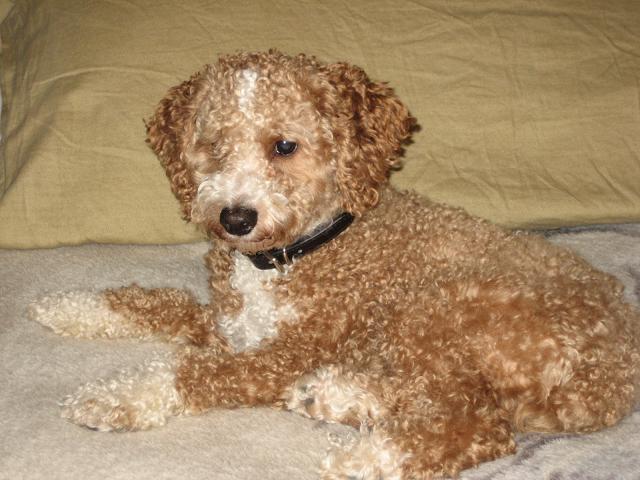 cockapoo agression
Question
Pets11.jpg
We have had our Cockapoo (Tyson) si
cockapoo agression
Question
Pets11.jpg
We have had our Cockapoo (Tyson) si
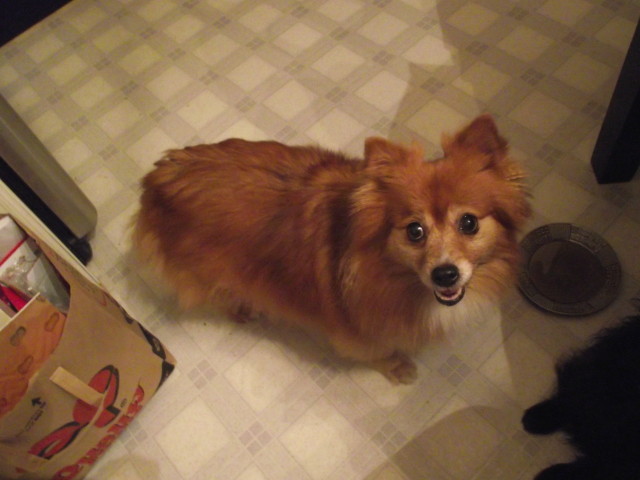 Pomeranian or Pomeranian mix
Question
Brandy my Pomeranian
Hi I have a Dog na
Pomeranian or Pomeranian mix
Question
Brandy my Pomeranian
Hi I have a Dog na
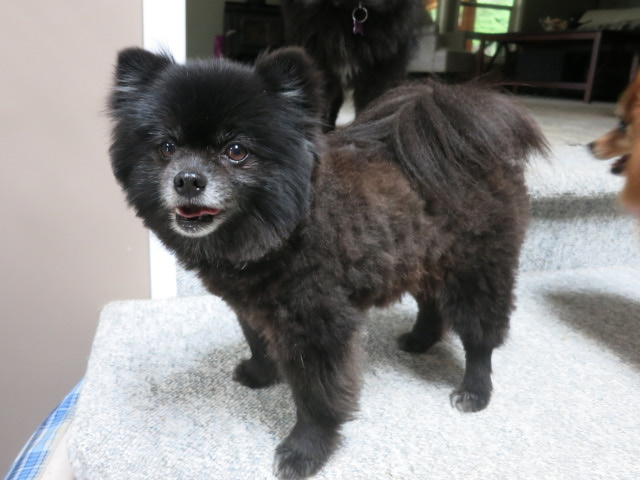 Will my Pomeranian loose his hair
Question
My Pomeranian`s hair c
I have a 5 year
Will my Pomeranian loose his hair
Question
My Pomeranian`s hair c
I have a 5 year
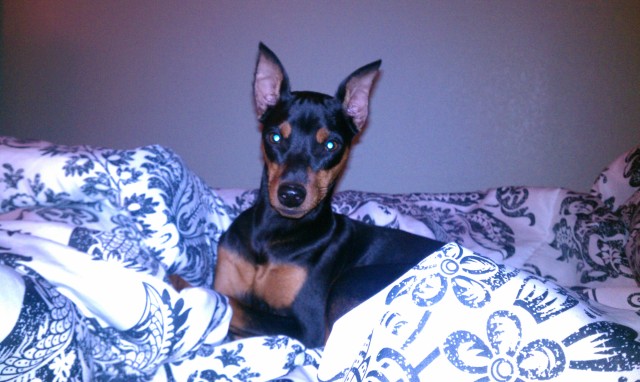 My miniature pinscher :)
Question
Chanel
I had a miniature pinscher of 8
My miniature pinscher :)
Question
Chanel
I had a miniature pinscher of 8
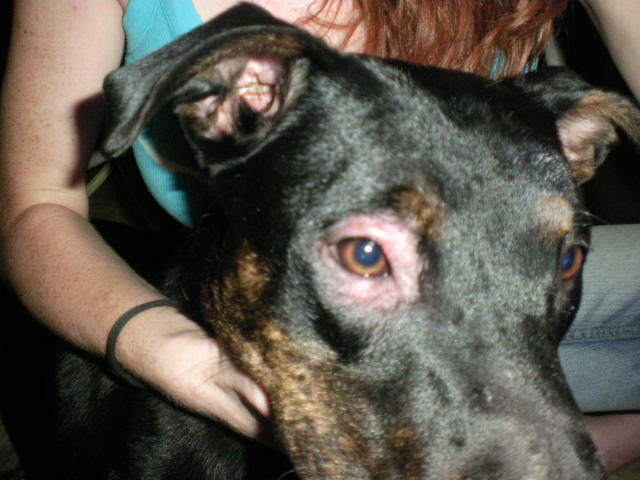 7 month old blue healer mix (Cloe)
Question
cloes right eye
Cloe was having really bad eye
7 month old blue healer mix (Cloe)
Question
cloes right eye
Cloe was having really bad eye